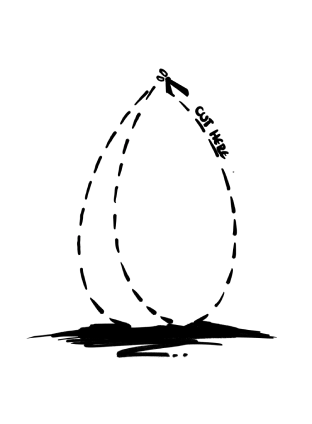Alphabet Inc.’s Google opted to kick off 2023 by lifting bans on cannabis advertising in certain parts of the U.S.
“On January 20, 2023, the Dangerous Products and Services and Healthcare and Medicines Google Ads policies will be updated to allow for the promotion of FDA-approved pharmaceuticals containing cannabidiol (CBD) and topical, hemp-derived CBD products with THC content of 0.3% or less in California, Colorado, and Puerto Rico,” the company announced last week.
Google intends to update its advertising policies as part of a deal with an internet and payments compliance company, LegitScript.
However, “certain formats, including YouTube Masthead, will not be eligible for serving,” Google continued. “CBD will be removed from the Unapproved Pharmaceuticals and Supplements list. All ads promoting other CBD-based products, including supplements, food additives, and inhalants, continue to be disallowed.”
What’s Next?
LegitScript said on Thursday that it currently offers the only certification program authorized by Google to vet advertisers for eligible CBD products and websites.
The Oregon-based company is calling US manufacturers and retailers to apply immediately through LegitScript to certify CBD products that comply with USDA, FDA, FTC and DEA regulations.
Those seeking to advertise topical CBD products will need to provide “samples of their product to test for compliance with legal THC limits” and “LegitScript a third-party Certificate of Analysis” in order to get a certification, Google said last week.
LegitScript’s CEO Scott Roth said that LegitScript seals on a product or a website are proof of safety and transparency.
“In an industry that is still seeing widespread problems with products that are tainted, substandard, or illegal, it’s more important than ever to give consumers confidence that the CBD products they’re purchasing have been properly vetted,” Roth said.
Twitter Is No Longer Telling Those Who Search For Marijuana To Get Help
Meanwhile, another Internet giant changed its stance on cannabis recently.
After more than two years of suggesting to its users who searched for specific drug-related words, such as “cannabis,” that they might consider getting help for substance use, Twitter Inc
TWTR
opted to disable the feature.
Created in agreement with the federal Substance Abuse and Mental Health Services Administration (SAMHSA) in 2020, the warning said it had directed users to SAMHSA’s helpline and website.
“Help is available,” it said. “If you or someone you know is struggling with substance use, you are not alone.”
Source: Jelena Martinovic – benzinga.com

